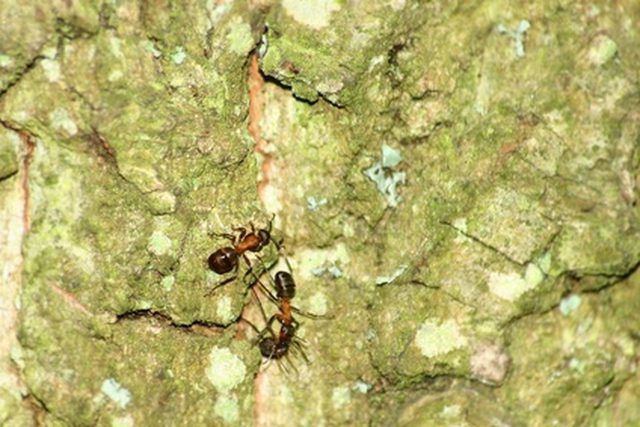Bulbs
Flower Basics
Flower Beds & Specialty Gardens
Flower Garden
Garden Furniture
Garden Gnomes
Garden Seeds
Garden Sheds
Garden Statues
Garden Tools & Supplies
Gardening Basics
Green & Organic
Groundcovers & Vines
Growing Annuals
Growing Basil
Growing Beans
Growing Berries
Growing Blueberries
Growing Cactus
Growing Corn
Growing Cotton
Growing Edibles
Growing Flowers
Growing Garlic
Growing Grapes
Growing Grass
Growing Herbs
Growing Jasmine
Growing Mint
Growing Mushrooms
Orchids
Growing Peanuts
Growing Perennials
Growing Plants
Growing Rosemary
Growing Roses
Growing Strawberries
Growing Sunflowers
Growing Thyme
Growing Tomatoes
Growing Tulips
Growing Vegetables
Herb Basics
Herb Garden
Indoor Growing
Landscaping Basics
Landscaping Patios
Landscaping Plants
Landscaping Shrubs
Landscaping Trees
Landscaping Walks & Pathways
Lawn Basics
Lawn Maintenance
Lawn Mowers
Lawn Ornaments
Lawn Planting
Lawn Tools
Outdoor Growing
Overall Landscape Planning
Pests, Weeds & Problems
Plant Basics
Rock Garden
Rose Garden
Shrubs
Soil
Specialty Gardens
Trees
Vegetable Garden
Yard Maintenance
How to Get Rid of Ants in Your Yard, Naturally
How to Get Rid of Ants in Your Yard, Naturally. Ants are typically no more than a nuisance and are considered beneficial to the environment. However, if you have an ant problem in your home that you are struggling with, you may want to treat the ants outside. Another reason you may want to remove ants is if the ants in your yard are fire ants,...

Ants are typically no more than a nuisance and are considered beneficial to the environment. However, if you have an ant problem in your home that you are struggling with, you may want to treat the ants outside. Another reason you may want to remove ants is if the ants in your yard are fire ants, which can give very painful bites. If you want to get rid of the ants in your yard but want to avoid using toxic chemicals, you have several choices to get rid of them using natural substances.
Things You'll Need
Eucalyptus oil
Plastic spray bottle
Tap water
Large stock pot
Shovel
Work gloves
Closed-toe shoes
Worm castings
Eucalyptus Oil for Any Ant
Place five to 10 drops of eucalyptus oil into a plastic spray bottle.
Fill the rest of the bottle with tap water.
Replace the lid and shake to mix the oil and water together.
Spray the mixture over your yard and garden to deter ants. Ants dislike eucalyptus oil.
Boiling Water for Any Ant
Place 3 gallons of tap water into a large stock pot. Place the pot on your stove and bring it to a rolling boil.
Use a shovel or a stick to make a hole in the top of the ant hill in your yard. When digging these holes, wear work gloves and closed-toe shoes. You do not want to get bitten by the ants.
Carry the pot of boiling water to the ant hills you dug up in Step 2. Carefully pour the boiling water down the hole you made. The intention is to kill the queen ant. Continue to pour the entire pot of water over the hill. If you have multiple hills in your yard, you will need additional pots of water. If you notice after a week that there are new ant hills, repeat the entire process. It is possible that you missed the queen and the colony moved to a new home.
Worm Castings for Fire Ants
Obtain worm castings. Worm castings are the feces of an earthworm. Worm castings have a naturally occurring chemical in them called chitinase. Chitinase breaks down the outer coating of fire ants and will eventually kill them. You can find worm castings through garden supply stores. You can also check with online merchants.
Apply the worm castings to any known fire-ant hills and around plants in your yard. You just need a thin layer.
Apply a second dose of worm castings after 10 weeks. One dose generally lasts two months or so. If you still have fire ants after the second dose, you can apply a third 10 weeks later.
Tips & Warnings
Be aware that while boiling water is effective at killing any type of ant, it can destroy your grass. Keep in mind that once you pour the boiling water, the grass it destroys may never grow back.